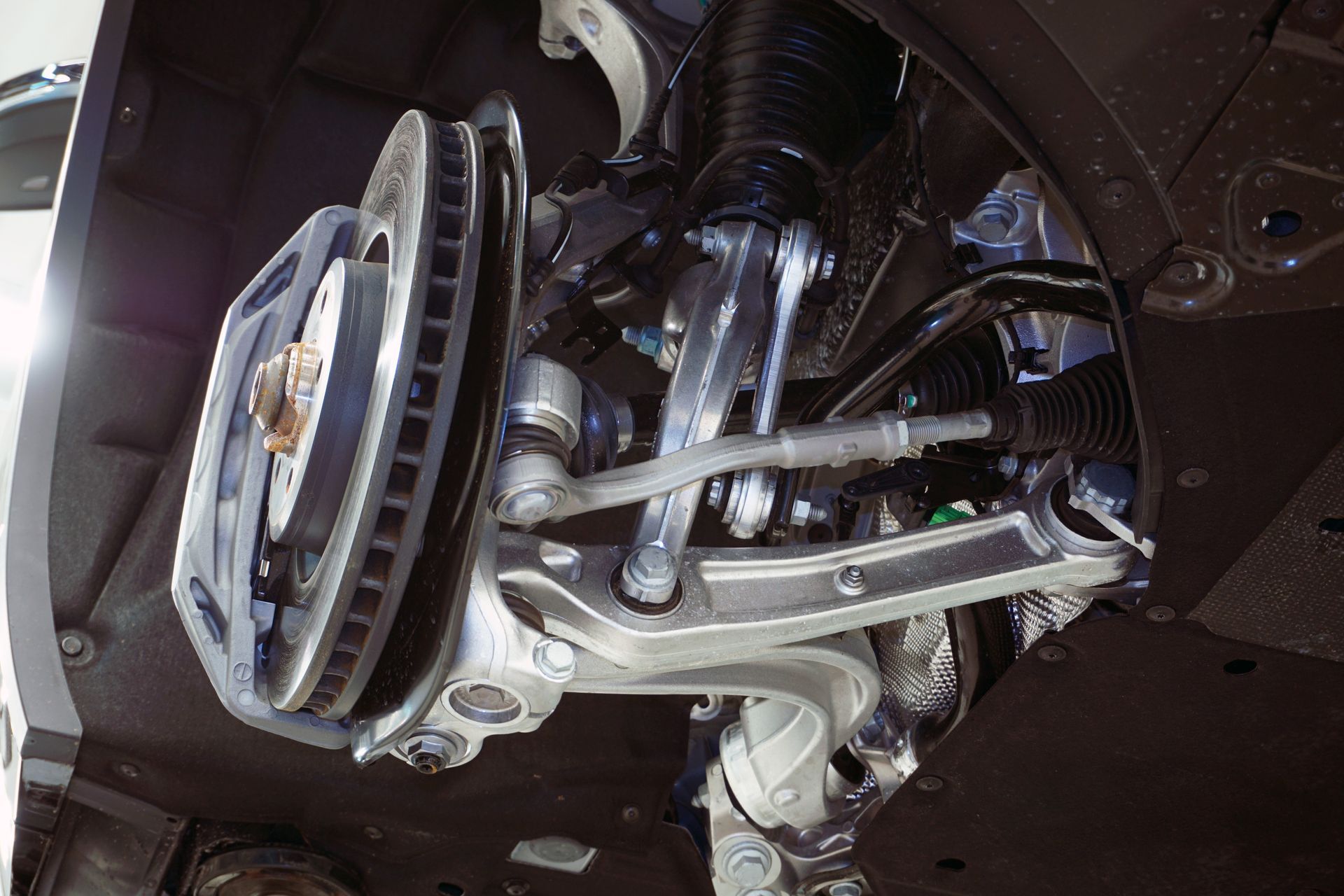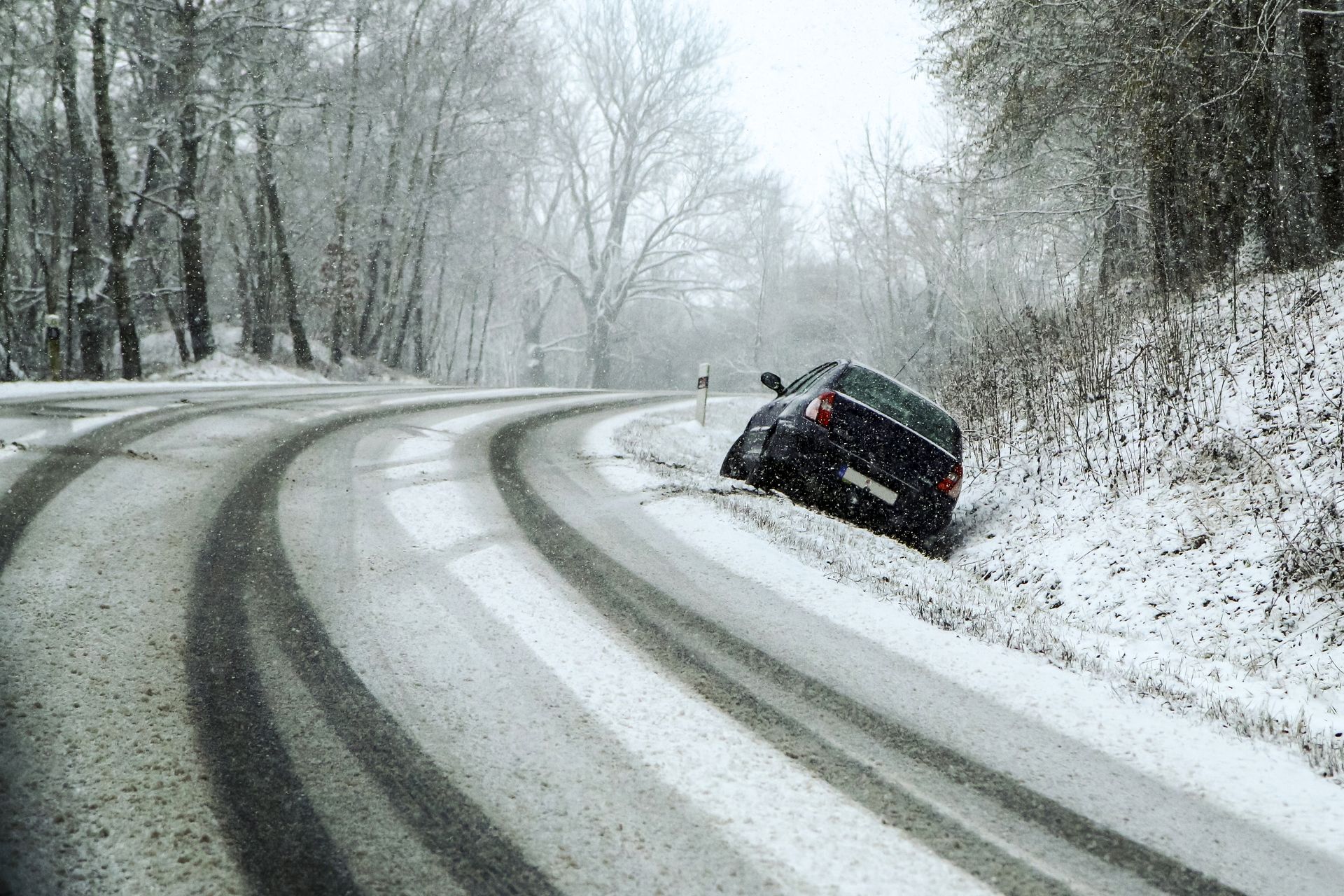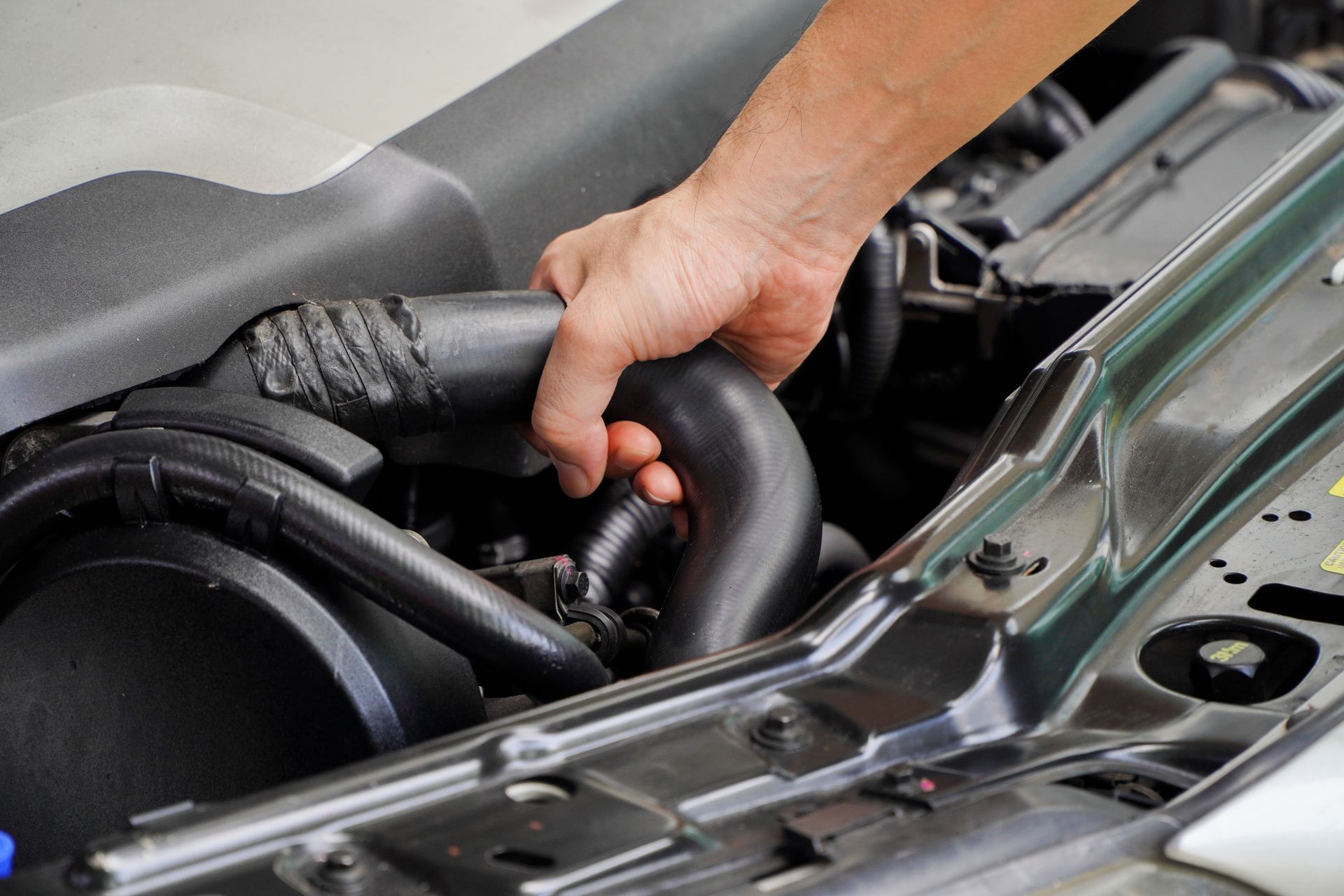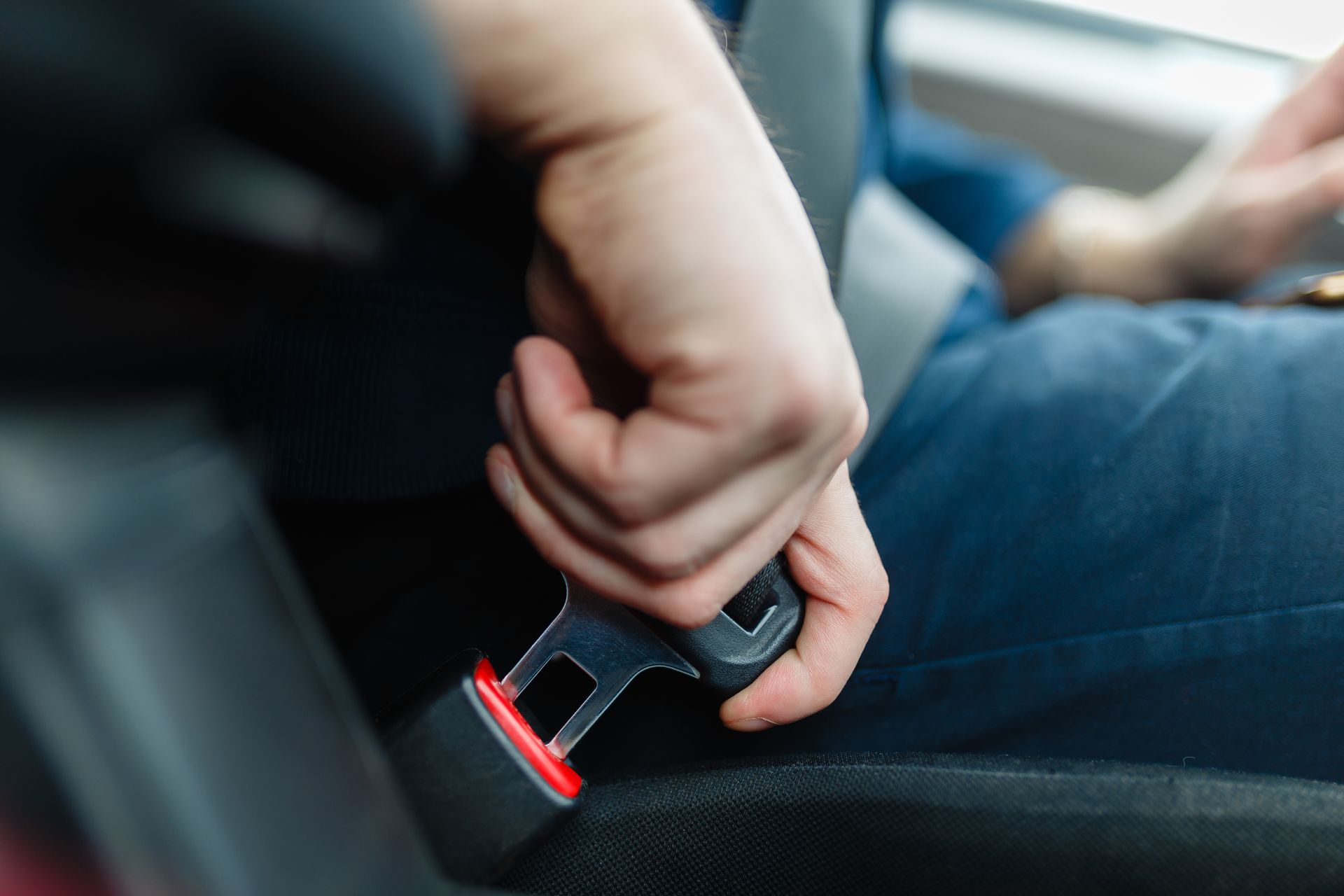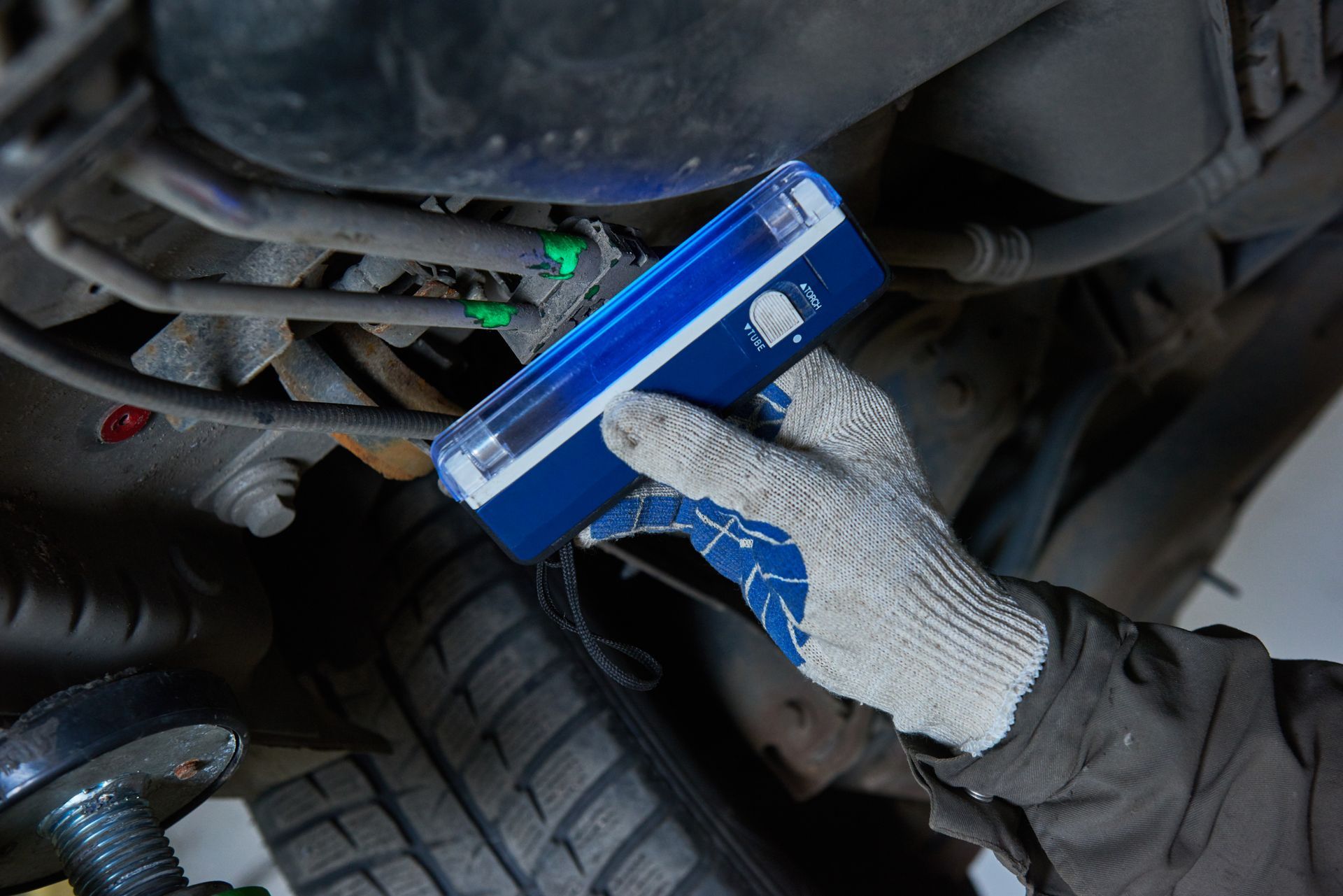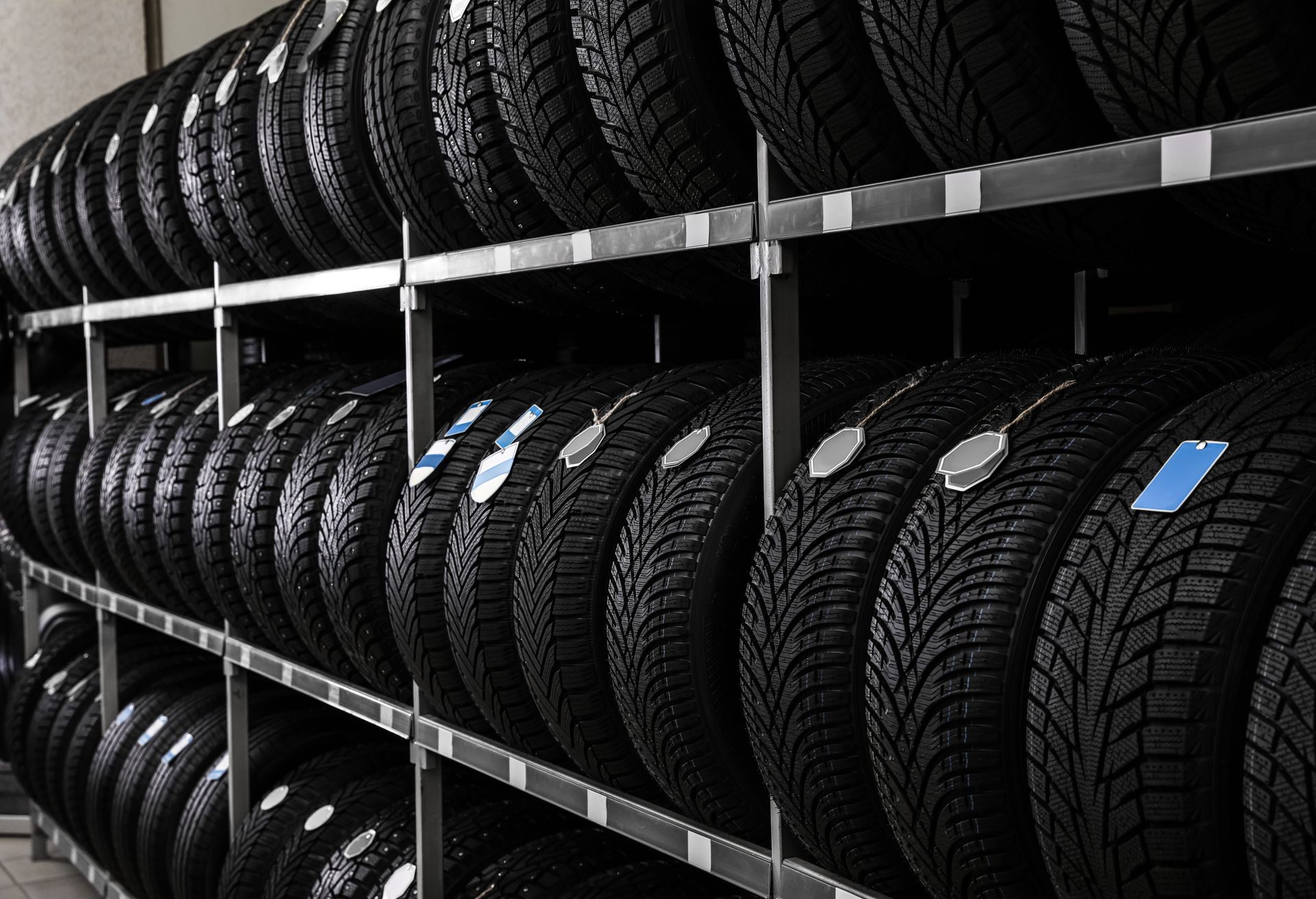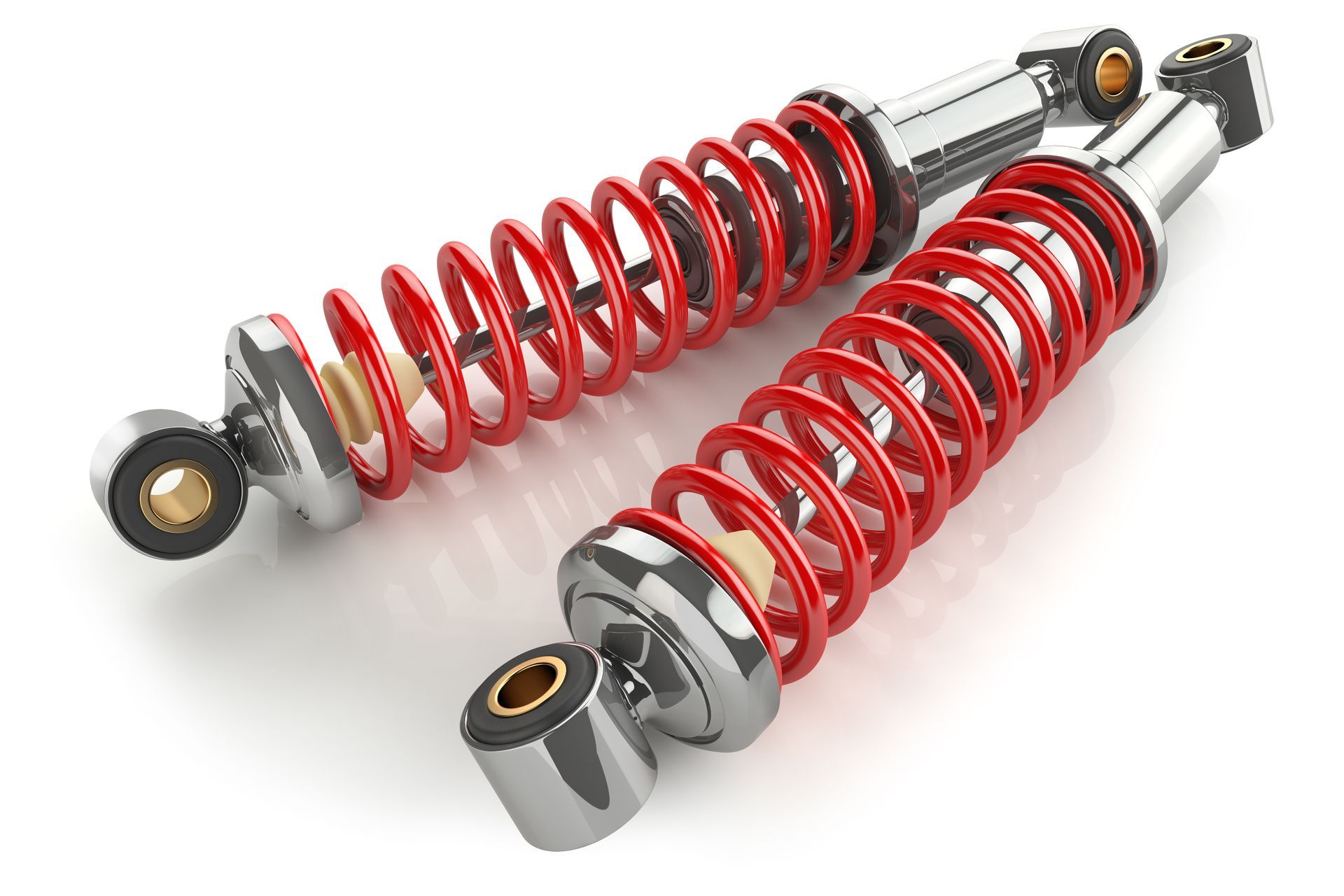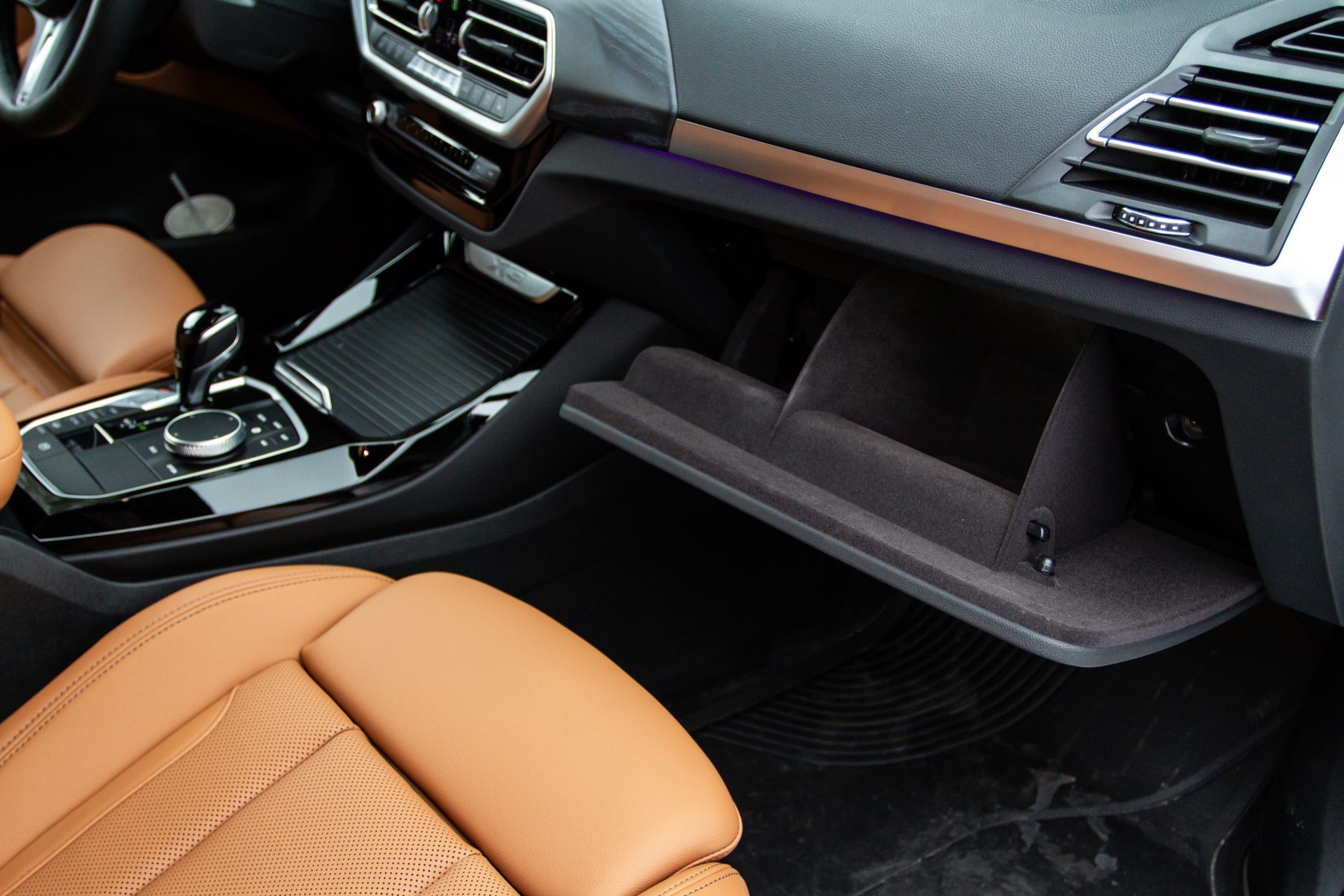Ever been stranded with a car that just won’t start? A failing alternator might be to blame. While the battery often gets the spotlight when electrical problems arise, the alternator plays a starring role in keeping your car’s systems powered and your battery charged. But what happens when the alternator fails, and how can you spot the warning signs before it leaves you stuck?
The Role of the Alternator
Your alternator is like the heart of your car’s electrical system. Its job is to convert mechanical energy from the engine into electrical energy, which powers everything from your headlights to your radio. It also recharges the battery while the engine is running. Without the alternator, your car’s electrical systems would quickly drain the battery, leaving you with a vehicle that won’t start or run.
When the alternator starts to fail, your car relies solely on the battery. Since the battery isn’t designed to handle all of your car’s electrical needs for long, it’ll run out of juice faster than you think.
Warning Signs of a Failing Alternator
A failing alternator often gives off warning signs before it completely quits. Knowing what to look for can save you from unexpected breakdowns.
- Dim or Flickering Lights: One of the first signs is often dimming or flickering headlights and interior lights. This happens because the alternator isn’t generating enough power.
- Battery Warning Light: Your dashboard might light up with the battery symbol. While it’s easy to assume this means the battery is the issue, it’s often an early warning that the alternator isn’t charging properly.
- Electrical Failures: If your power windows, radio, or other electrical features start acting up, it’s a red flag that the alternator is struggling.
- Strange Noises: Failing alternators can sometimes make whining or grinding noises due to worn-out bearings or internal issues.
- Dead Battery: If your car won’t start and you need frequent jump-starts, the alternator might not be recharging the battery.
What Happens When the Alternator Completely Fails
Once the alternator gives out, your car will rely entirely on the battery. The problem? Car batteries are only designed to provide a short burst of energy to start the engine—not power the entire vehicle.
When the battery depletes, your car will lose power. The engine might stall, and essential systems like power steering and brakes could stop working, creating a dangerous situation if you’re on the road. At this point, the only fix is replacing or repairing the alternator.
What Causes an Alternator to Fail
Several factors can contribute to alternator failure:
- Worn Components: Over time, the internal parts of the alternator, like brushes and bearings, wear out.
- Overheating: Excessive heat can damage the alternator’s internal components.
- Electrical Overload: Adding too many aftermarket accessories, like powerful sound systems or extra lights, can overwork the alternator.
- Contamination: Oil or coolant leaks can seep into the alternator, causing it to malfunction.
How to Prevent Alternator Issues
While alternators can fail with time and use, regular maintenance can extend their lifespan. Check your car’s belts and electrical connections during routine inspections to ensure everything is in good condition. If you notice any of the warning signs mentioned above, don’t wait—address the problem before it leaves you stranded.
Don’t let a failing alternator catch you off guard. Contact
Maryland Auto & Truck Repair today for expert diagnostics and repairs you can count on!


